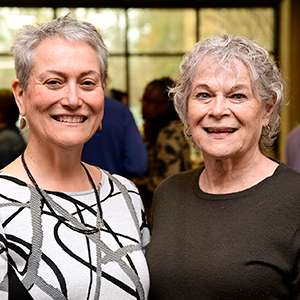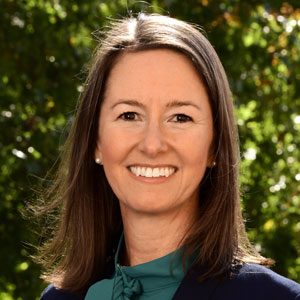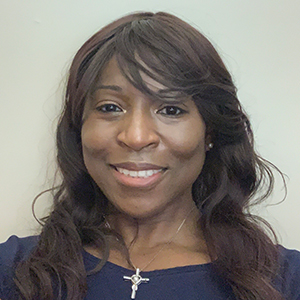To address potential disparities in research funding and training opportunities among scientists and students at historically black colleges and universities (HBCUs) and other minority-serving institutions, NIEHS is hosting four listening sessions in July and August. Individuals from those schools are invited to share their thoughts on topics such as obstacles in the grant application process and ways to increase the number of minority students receiving graduate degrees.
 During the listening sessions, NIEHS leaders will hear from minority researchers and students about challenges they have faced and ways the institute can help them advance in their careers. (Photo courtesy of Bo1982 / Shutterstock.com)
During the listening sessions, NIEHS leaders will hear from minority researchers and students about challenges they have faced and ways the institute can help them advance in their careers. (Photo courtesy of Bo1982 / Shutterstock.com)Expanding funding opportunities
“Analysis of NIEHS funding patterns reveals that we have historically undersupported some groups in the environmental health science research community and workforce,” said Gary Ellison, Ph.D., acting director of the institute’s Division of Extramural Research. He added that NIEHS aims to increase funding and educational opportunities for Black and African Americans, Native Americans, Alaska Natives, Latinos, and researchers with disabilities, among others.
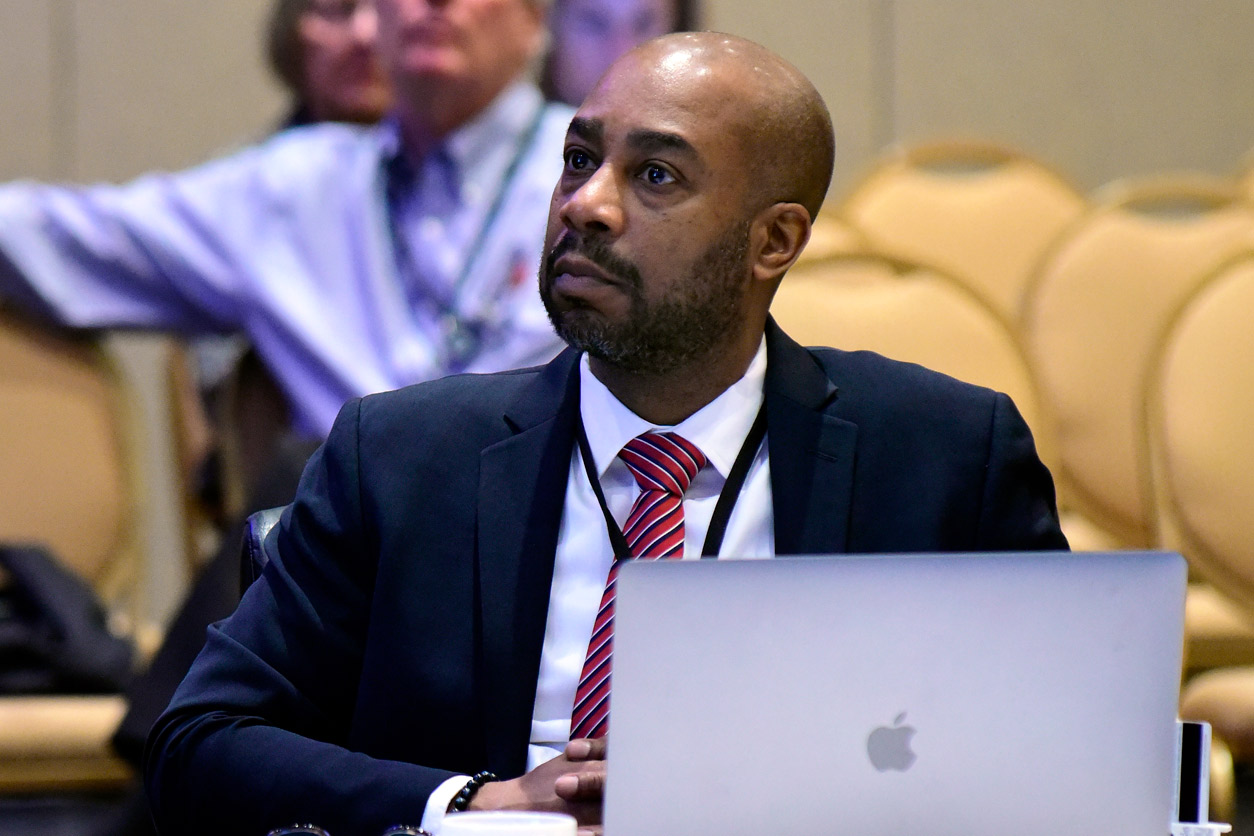 “NIEHS leadership is devoted to addressing inequities in funding and has made a commitment to be a part of these sessions so they can hear directly from you,” said Ellison, shown here at a 2020 meeting of the National Advisory Environmental Health Sciences Council. (Photo courtesy of Steve McCaw / NIEHS)
“NIEHS leadership is devoted to addressing inequities in funding and has made a commitment to be a part of these sessions so they can hear directly from you,” said Ellison, shown here at a 2020 meeting of the National Advisory Environmental Health Sciences Council. (Photo courtesy of Steve McCaw / NIEHS)Ellison said that through the listening sessions, institute leaders hope to learn about researchers’ experiences applying for NIEHS funding. He and others want to know whether there are factors that have kept them from applying, and what resources would be most useful for maintaining and even building research capacity at their institutions.
Your input matters
During the sessions, participants will review topics covered in a recent Request for Information released by the National Institutes of Health that seeks suggestions for strengthening racial equity, diversity, and inclusion in biomedical research. Attendees also will provide input on research topics they think are important or that should be reflected in the NIEHS portfolio.
Taking into consideration that some individuals may prefer to have NIEHS leadership present, while others may not, there will be two types of sessions. The two July events will include NIEHS leadership only for the welcome portion, and the August sessions will include them for the entire event. The meeting dates are:
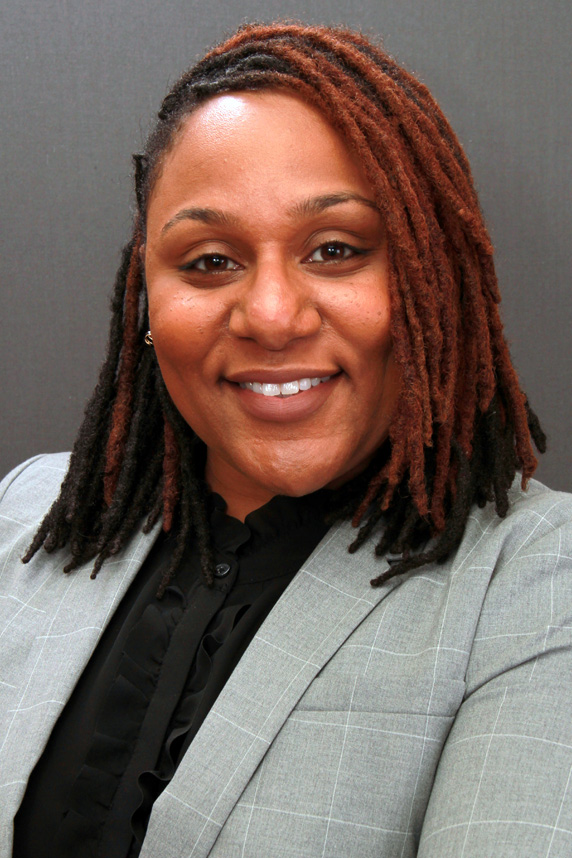 Smarr’s research portfolio spans reproductive health, metabolic health across the life course, environmental epidemiology, environmental health disparities, and environmental justice. (Photo courtesy of Jerry Reid)
Smarr’s research portfolio spans reproductive health, metabolic health across the life course, environmental epidemiology, environmental health disparities, and environmental justice. (Photo courtesy of Jerry Reid)- Monday, July 19, 11:00 a.m. – noon.
- Monday, July 26, 4:00 – 5:00 p.m.
- Monday, August 16, 4:00 – 5:00 p.m.
- Wednesday, August 18, 11:00 a.m. – noon.
Amplifying scholars’ voices
“HBCUs and other minority-serving institutions have traditionally played a key role in the education of people of color in the health sciences, producing invaluable graduate students and researchers in science, technology, engineering, and math [STEM] fields,” said NIEHS Health Scientist Administrator Melissa Smarr, Ph.D., who is helping to coordinate the events.
“It is important to provide platforms such as these listening sessions so that we can amplify the voices of scholars at these institutions as we strive toward a more diverse, inclusive, and equitable environmental health sciences community,” she added.
“We are very excited to begin to identify strategies that we can put in place to address the inequities in research opportunities and funding that result from the way NIH and NIEHS have historically reviewed and funded applications,” said Kristi Pettibone, Ph.D., a health scientist administrator at the institute and co-coordinator of the listening sessions.
If you have any questions about the four community forums, please contact Smarr at melissa.smarr@nih.gov or Pettibone at kristianna.pettibone@nih.gov.
(Caroline Malarkey is a summer intern in the NIEHS Office of Communications and Public Liaison.)







